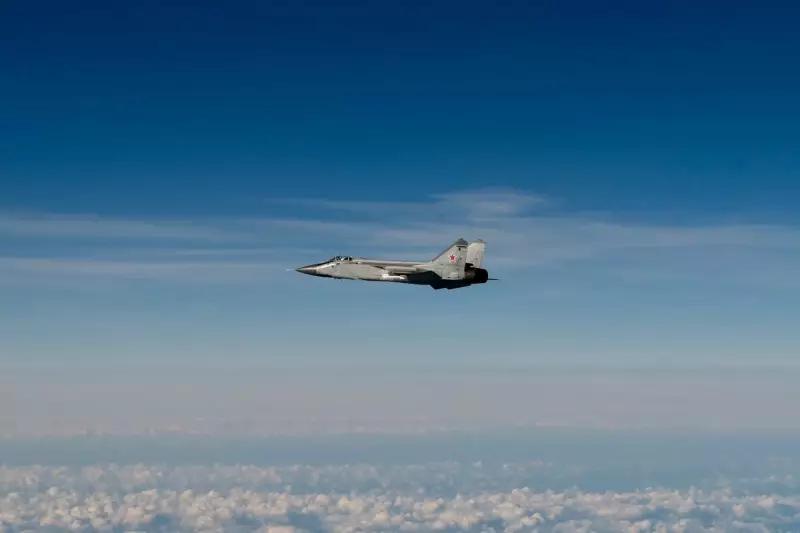
A brazen aerial incursion by Russian military jets into NATO airspace has dramatically escalated tensions, coinciding with explosive comments from former US President Donald Trump that have sent shockwaves through the alliance.
The Estonian Ministry of Defence confirmed that two Russian military aircraft violated its sovereign airspace near the island of Vaindloo in the Gulf of Finland. The trespass lasted less than a minute but represents a severe provocation and a critical test of NATO's collective defence principles.
A Chilling Coincidence: Trump's Damning Rhetoric
The airspace violation occurred against a backdrop of incendiary rhetoric from Donald Trump. At a campaign rally, the former president and potential future commander-in-chief declared he would "encourage" Russia to attack any NATO member he deemed to have not "paid their bills."
This statement, effectively inviting an attack on a US treaty ally, fundamentally undermines the core tenet of NATO: that an attack on one is an attack on all, enshrined in Article 5 of the alliance's founding treaty.
Estonia's Swift Response and NATO's Solidarity
Estonia, a nation with a painful history of Soviet occupation, responded to the airspace violation with firm professionalism. The country's Ministry of Defence stated the act was "a violation of international law" but confirmed it was "not considered an accident."
The incident prompted Estonia to initiate "necessary procedures" in response to the provocation, likely involving the formal summoning of the Russian ambassador and a complaint to NATO headquarters in Brussels. The move highlights the fragile security situation on Europe's eastern flank.
The Ghost of the Past and a Precarious Future
This event is not isolated. It follows a pattern of increased hybrid threats and provocations from Moscow, designed to probe Western defences and sow discord among allies. The combination of physical military provocation and political uncertainty from a key NATO leader creates a perfect storm for the alliance's stability.
World leaders, including NATO chief Jens Stoltenberg, were quick to condemn Trump's remarks, warning that any suggestion allies would not defend each other undermines overall security. The episode raises grave questions about the future of transatlantic relations and the deterrence power of NATO in an increasingly volatile world.






